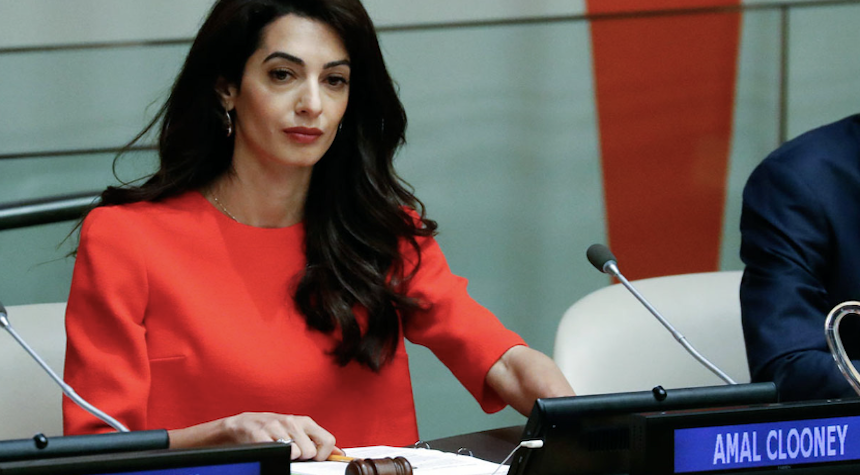Last week, the House passed a measure to sanction International Criminal Court (ICC) officials if they issue arrest warrants for Israeli leaders. ICC prosecutor Karim Khan had applied for warrants in May based on war crimes allegations against Benjamin Netanyahu and Yoav Galant. Bipartisan outrage over the ICC’s actions is justified, as it complicates efforts by Western democracies defending against terrorist groups, targeting a country with a functioning legal system and unprecedented humane precautions in urban conflict. Like the U.S., Israel has not accepted ICC jurisdiction.
The Hague’s actions raise serious concerns. The decision to issue warrants was partly based on advice from consultants hand-picked by Khan, who have a history of publicly criticizing Israel for war crimes. This undermines the credibility and neutrality of the process.
Kevin Jon Heller, a University of Copenhagen professor and special advisor to the prosecutor, has expressed strong anti-Israel sentiments. In a 2015 article, he supported the Boycott, Divestment, and Sanctions (BDS) movement, accusing Israel of depriving innocent people of basic rights. In 2020, he referred to Israeli leaders as criminals on social media, suggesting credibility for groups critical of Israel while dismissing pro-Israel organizations as propagandists.

In January, Khan convened a panel of experts for evidence review and legal analyses related to Gaza. Following their unanimous recommendation, he pursued arrest warrants. This outcome seemed predetermined given the panelists’ biases. One panelist, Baroness Helena Kennedy, a Labour member of the British House of Lords, has urged ICC investigations into Israel and falsely claimed Israel planned to annex parts of the West Bank, calling for U.K. sanctions in 2020. In October, she falsely accused Israel of cutting off Gaza’s water access. In the Guardian, she wrote that the International Court of Justice (ICJ) warned Israel, asserting it was time to say “enough is enough.”
Danny Friedman, a Jewish lawyer on the panel, argued that a siege on a civilian population was illegal, contradicting the U.S. Defense Department Law of War Manual. He accused Israel of dehumanizing Palestinians and committing war crimes, urging Israel to stop the war while Hamas held hostages.
Amal Clooney, the sole Arab on the panel and wife of actor George Clooney, was “horrified” by the 2014 Gaza War, particularly concerned about civilian deaths. Theodore Meron, the token Israeli on the panel, is known for his criticism of Israel’s policies in the West Bank and Gaza.

While the consultants have impeccable legal credentials, their strong and controversial views on Israel raise questions about their neutrality in this criminal case. Khan’s choice to include them suggests a prioritization of outcome certainty over impartiality.
This selection potentially violates the ICC Code of Conduct, which mandates that officials avoid activities that could undermine confidence in the Office of the Prosecutor. The Code requires impartiality, barring officials from expressing opinions that could adversely affect their required neutrality.
Khan’s selection of heavily biased advisors casts doubt on the weight of the allegations and the credibility of the process. If ICC judges confirm the arrest warrants despite these fundamental flaws and legal issues, imposing sanctions on the ICC would be justified.










